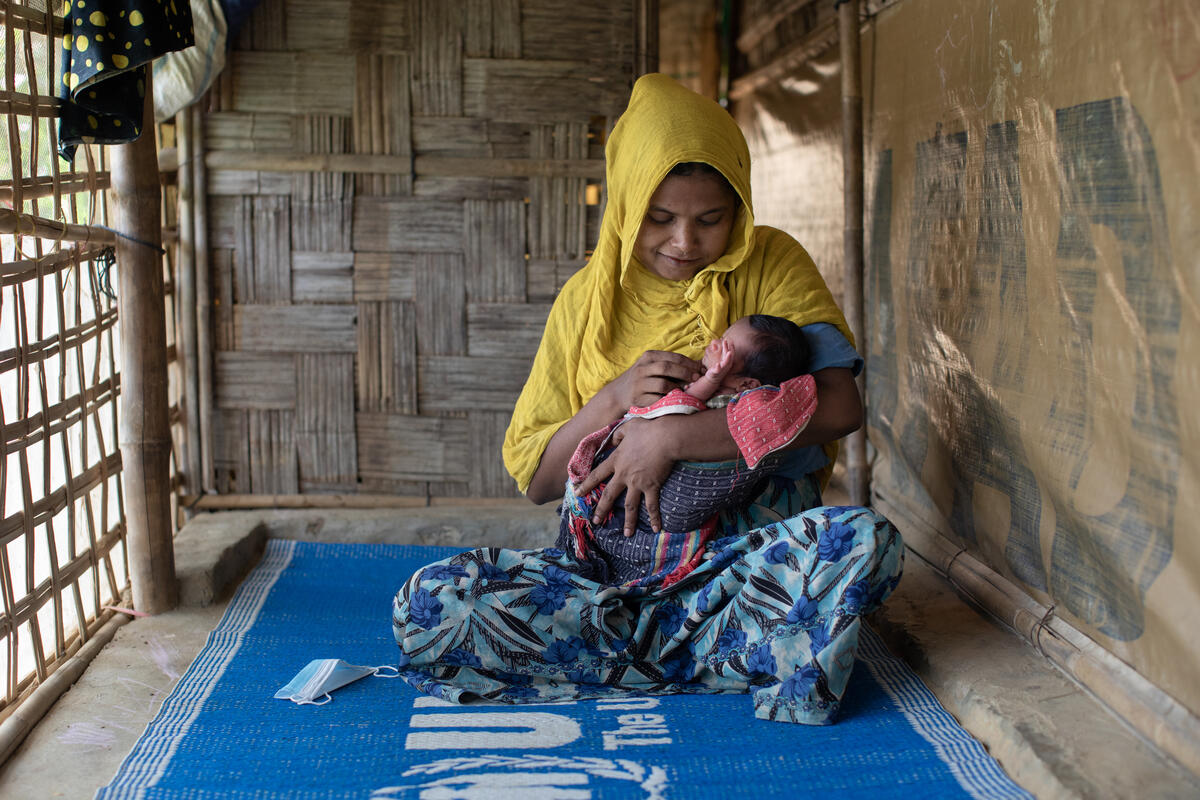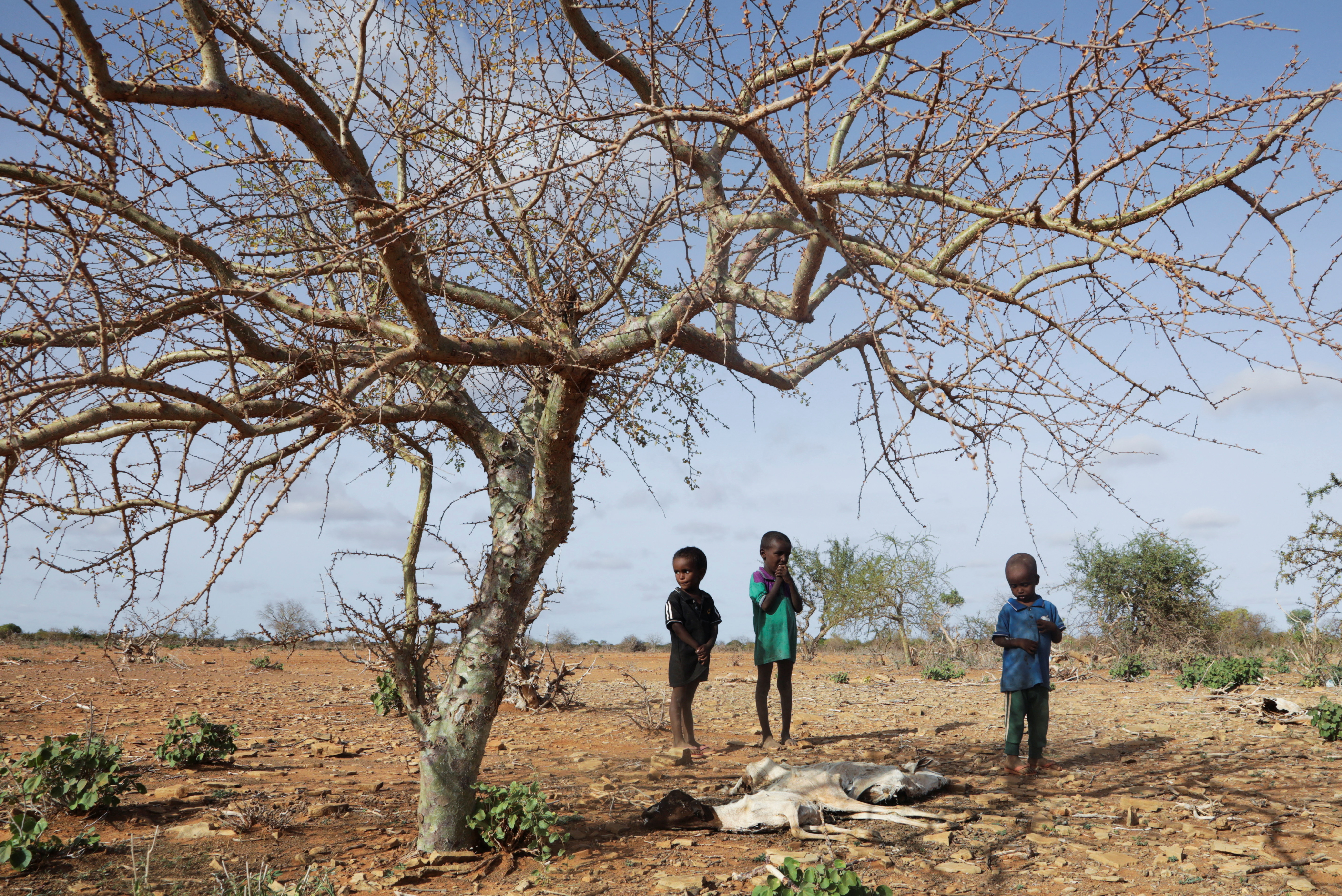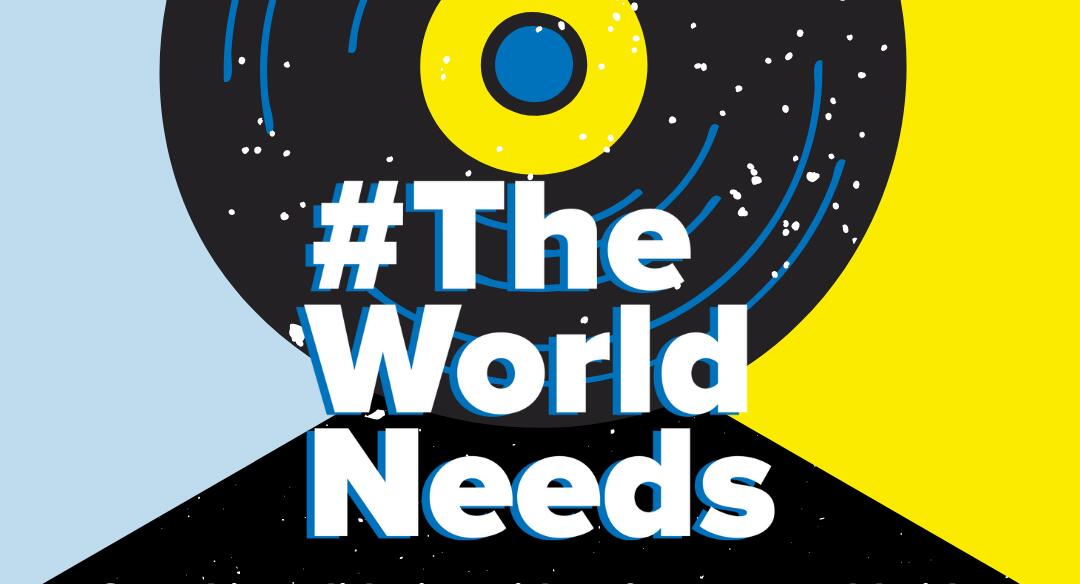Chamberlin urges quick donor response to avoid further human misery in South Sudan
Chamberlin urges quick donor response to avoid further human misery in South Sudan

GENEVA, Feb 25 (UNHCR) - Acting High Commissioner Wendy Chamberlin on Friday urged donors to invest in preventing human misery by supporting UNHCR's cash-strapped South Sudan operation so that millions of refugees and displaced people can go home and stay home.
Chamberlin called for donations for UNHCR's rehabilitation and reintegration projects in the war-devastated region, asking for "funding to prevent suffering, to prevent a crisis when refugees go back."
"The crisis isn't there yet, which makes it harder to galvanize donations, but it is just as important," she told reporters attending a briefing on her recent mission to South Sudan, Uganda and Kenya.
Travelling throughout the region, Chamberlin witnessed first-hand the massive rehabilitation needs facing southern Sudan and met with displaced people and refugees uprooted by more than two decades of conflict.
She expressed caution about a rapid return home of the 550,000 refugees from southern Sudan currently in neighbouring countries. Asked by refugees she met in Kenya and Uganda if she would advise them to go home right now, Chamberlin said she told them, "No. The work isn't done yet. The infrastructure is not there yet."
With the deployment started this week of 15 emergency staff for South Sudan, UNHCR is trying to change this dire situation through rapid implementation of community projects in areas such as water, schools, health and income generation.
"UNHCR is there working collaboratively with other agencies to put into place the infrastructure that would make it a welcoming environment in which the refugees could anchor," she said "But right now, if they all moved en masse, that infrastructure is not there."
Chamberlin said Sudanese refugees told her their main concerns about returning home were access to food, land, water, health services and education. For the refugees in Kenya's Kakuma camp, "education was perhaps the largest concern." UNHCR has provided some very good education programmes in Kakuma.
Chamberlin was particularly struck by the situation for girls in the camp. "Young girls have been given the opportunity to get an education, to go to high school and have prospects for a profession - or had prospects, because they are now worried that if they repatriate to South Sudan, they wouldn't have such prospects," she said.
The educated young refugee girls also asked who was going to protect them from forcible marriages if they returned to Sudan, Chamberlin said.
UNHCR's budget for 2005 for southern Sudan is approximately $62 million, but so far no funds have been received for the programme. While Chamberlin noted that some donors, in particular the United States and the Netherlands, have indicated that they will be making contributions, much more is still needed.
Meanwhile, UNHCR teams are travelling around southern Sudan to assess conditions and identify the most urgent rehabilitation and reintegration needs. A three-person UNHCR team was scheduled Friday to complete a three-day mission to South Bor county in southern Sudan's Upper Nile province. The region is expected to be one of the main areas of return for Sudanese refugees currently living in neighbouring countries.
The UNHCR team reported that one of the biggest problems facing returnees to South Bor is the presence of large numbers of landmines and unexploded ordnance. Lack of food is also of serious concern, exacerbated by the recent poor harvest in the region. One of the main requests from the local population in South Bor is for the construction of reservoirs which could be used in the dry season to water cattle.
Another UN assessment mission, including UNHCR, has visited Ezo and Tambura in western Equatoria province. They found the main needs included water and sanitation facilities, medicines and agricultural tools and seeds to prepare for the planting season approaching in March and April. UNHCR is also currently taking part in an interagency mission to assess the situation in Equatoria province's Yambio county.
The conflict in southern Sudan officially came to an end on January 9, with the signing of a comprehensive peace accord between the government of Sudan and the Sudan People's Liberation Movement / Army. The conflict has uprooted an estimated 4 million people within Sudan and driven another 550,000 into neighbouring countries.







